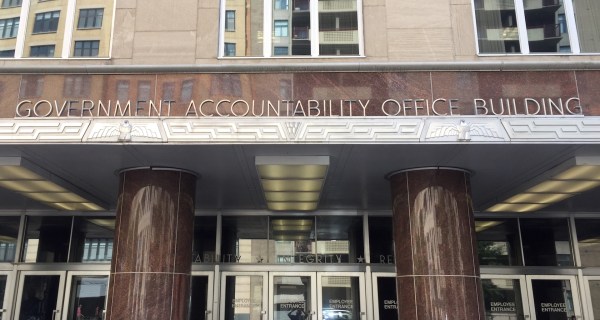Number of countries embracing open government surges
The number of countries providing open access to government data has more than doubled in the past two years, according to figures released in a new report from the United Nations.
The report, the latest in a series of biannual surveys documenting the evolution of electronic government globally, found that 106 out of 193 member countries now make open government data catalogues, or data sets, available to the public, up from 46 countries in 2014.
The 2016 global survey also found overall that 128 countries now provide government spending data in machine-readable formats, making it easier for the public to analyze government spending patterns.
The new figures are part of a broader assessment by the United Nations Department of Economic and Social Affairs, which looked at the progress governments are making in supporting electronic interaction with their citizens.
The 2016 report, released July 29, is the ninth in a series of surveys dating back to 2003 examining a range of factors — from e-government policy and transparency to advances in online technology and access — that drive the digital delivery of public services.
The new figures point to the growing momentum behind the availability and use of open data globally — and the notion that open data, along with other electronic government practices, can be an engine for economic development.
“The 2016 United Nations E-Government Survey highlights a positive global trend towards higher levels of e-government development. Countries in all regions are increasingly embracing innovation and utilizing [information and communication technologies] to deliver services and engage people in decision-making processes,” Wu Hongbo, U.N. under secretary general for economic and social affairs, said in the report’s introduction.
“One of the most important new trends is the advancement of people-driven services. It addresses the growing demand for more personalized services that reflect individual needs, as well as people’s aspiration to be more closely engaged in the design and delivery of services. These new demands are transforming the way the public sector operates,” he wrote.
The latest figures suggest that more countries are embracing the potential of open government data platforms and the notion that making data publicly available to innovators and entrepreneurs can spur economic opportunities, improve nutrition and health services, and address social needs, such as sustainable agriculture in impoverished regions in the world.
“The UN clearly sees open data and open innovation as central drivers for achievement of the 2030 Sustainable Development Goals, and is pushing hard for member states to pro-actively collaborate with citizens in the design and delivery of more personalized and innovative public services,” said Julia Glidden, general manager, IBM Global Government Industry, who advised the U.N. on the 2016 survey.
“The issue that many governments face today is not whether to open up their data, but how to do so,” the report said. “Opening up government data poses a number of challenges, including issues related to legal frameworks, policies and principles, data management and protection, identity management, privacy and cybersecurity.”
As one sign of progress, the survey found 116 countries now have national portals providing information about the results of government procurement/ bidding processes. That compares to 55 in 2014. And 76 countries now offer information about monitoring and evaluation of existing procurement contracts, compared to 33 countries two years ago. Both measures reflect a degree of transparency that would have been surprising not long ago.
In another measure of progress, the survey noted that 98 out of 193 countries provide an e-procurement platform compared to only 63 countries in 2014, indicating the growing ability of governments to support sophisticated online transactions.

A new U.N. report on electronic government shows more than 80 countries now offer datasets in open standards on education, health, finance and labor trends. (UNDESA)
Several forces are propelling international momentum behind open government. One is a multinational partnership launched in 2011, now supported by 70 participating countries, aimed at helping governments be more open and accountable to citizens. The United States initiated its own open government plan in 2009.
Those initiatives, however, have been accompanied by international efforts, led by the U.N., to achieve 17 sustainable development goals, or SDGs, according to Joel Gurin, president of the Center for Open Data Enterprise and a senior open data consultant for the World Bank.
The surge in the number of countries committing to open government data “may be largely because open data is critical both to monitor progress on…and to help achieve the SDGs in the first place,” Gurin said.
He pointed to four areas identified by the World Bank where open data can contribute to sustainable development: “It can foster economic growth and job creation; improve efficiency and coverage of public services; increase transparency, accountability, and citizen participation; and facilitate better information-sharing within government,” Gurin said. “These are major goals of open government and closely related to the SDGs as well.“
He added that open data brings other benefits. “Open data can help gauge the impact of development initiatives over time. By releasing open data about a full range of SDG initiatives, government institutions can show their commitment to the SDGs and hold themselves accountable for the results,” he said.
The United Nations report goes on to document a number of other indicators reflecting the ability of national governments to interact with their citizens electronically.
When the United Nations conducted its first e-government survey in 2003, just 45 countries were able to provide public services online through a one-stop platform, and only 33 countries could facilitate online transactions.
The number of countries with single entry government services portals has since doubled, to 90 countries, according to the latest survey, and 148 countries can now provide at least form of online transactions services.






